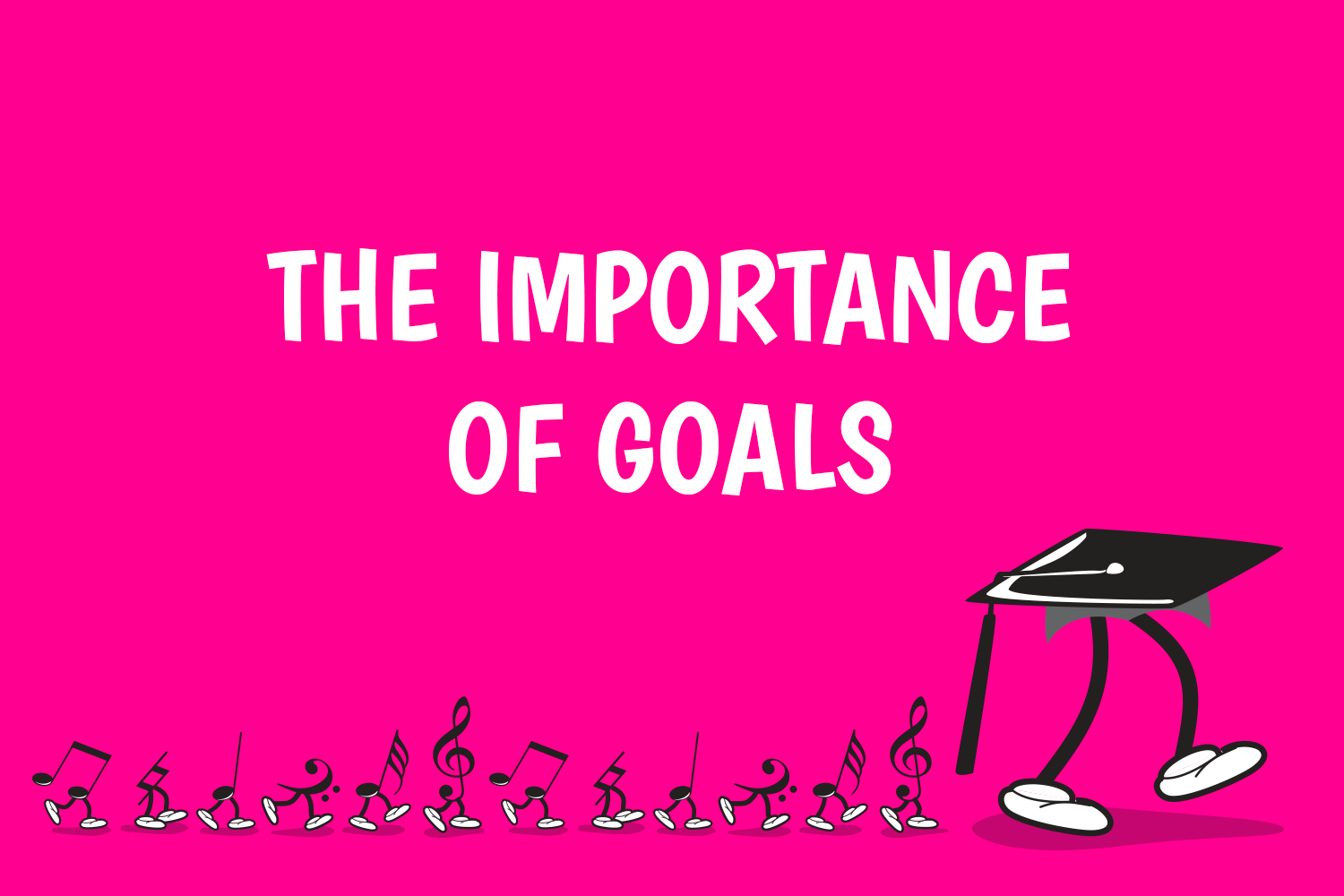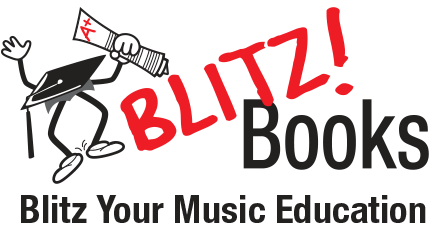The Importance of Goals

When you practice a musical instrument by yourself, it’s a pretty solitary experience. There’s no team spirit, no friends at the training session, no coach to tell you what to do. It can be REALLY hard to be disciplined in practice – that is, to tackle the stuff that really needs work first and leave the easy pieces until the end. But even if you manage to do this, sometimes it’s not enough just to have the intrinsic satisfaction that something has been achieved. You need to play the pieces for someone else regularly (not just the teacher), and get feedback from that someone, be it in the format of applause, a report, an award, or maybe just lots of gushy comments about how well you’re doing. It is these things that keep most students practising in the long term.
So what it really comes down to is praise and recognition. Everybody loves positive feedback – whether from a teacher, a parent, a boss or an employee. Receiving praise is a huge motivator for most people.
Take my two children for example, who are polar opposites. My daughter is an approval junkie and responds to positive reinforcement even better than our labradoodle puppy. Verbal praise makes her positively beam, the thought of getting an A+ (or perhaps the thought of NOT getting an A+) makes her practise madly, and applause from an audience is pure heaven for her.
My son functions very differently. He plays in many different bands and loves the music. Although he enjoys doing well in an exam and doesn’t mind performing, that is not what motivates him to practice. It is his various bandmasters asking him to learn his parts, or practising for an upcoming band audition, that gets him on his instrument regularly.
What both of my children have in common, however, is that they both have goals that motivate them to practise, and without these goals the practice really starts to wane. Goals are an extremely important part of music education, and there are different types of goals that suit different students.
Performance-based goals
Eisteddfods and exams are the most common goals that students and parents set for themselves. The thought of doing well in an eisteddfod or an exam can be a great motivator for practice. However, these are highly stressful goals and not all children have a positive experience. In fact, sometimes it’s the ‘exam road’ that can end up putting a student off music for life.
Practising for a concert or a school assembly is another performance-based goal that also gets the practice going and the adrenaline pumping, but overall is a slightly nicer experience than an exam or an eisteddfod because there is no judging involved. Organising home concerts for family and friends put this type of performing on an even friendlier scale and works fantastically as a short term goal.
An even less stressful performance-based goal is that of making recordings of repertoire learned throughout the year. Having several ‘takes’ at getting a recording perfect is a wonderful teaching aid and makes students really listen to themselves! The recordings can build up over the year and be burned to a CD for a wonderful end of year present!
Repertoire goals
The 50-piece challenge is a fantastic repertoire goal that can be run as a competition or an individual pursuit. The great thing about this challenge is that it offers long-term and short-term repertoire goals: long-term being the exam pieces, and short-term being easier pieces that are knocked over in a week or two. This improves sight-reading drastically and prevents the boredom that can set in when you’re only learning 4 or 5 pieces over a whole year.
Ensemble goals
Playing in a band or an orchestra is a marvellous experience that pianists mostly don’t get to enjoy. I always recommend that my students take up a second instrument once they have had 2-3 years on piano. Practising an ensemble part at home and then practising with the band or orchestra is another dimension in music education that is extremely valuable.
However, piano duets are a marvellous form of ensemble playing. Two people BOTH have to know their parts in order to rehearse successfully, and an upcoming rehearsal is an excellent practice motivator!
Award goals
In my studio I offer all sorts of rewards and awards, from stickers through to trophies through to practice scholarships. These are things that students practice towards willingly (and in terms of the practice scholarship, really gets the parents involved because it saves them money!).
To sum up, everyone needs goals to work towards. For most adult students, just the joy of taking up piano, sometimes for the second time, is a goal in itself. But for most children, it’s really important to have something to practice FOR. Every child is different and it’s a matter of honing in on what the best motivators are for each individual.
